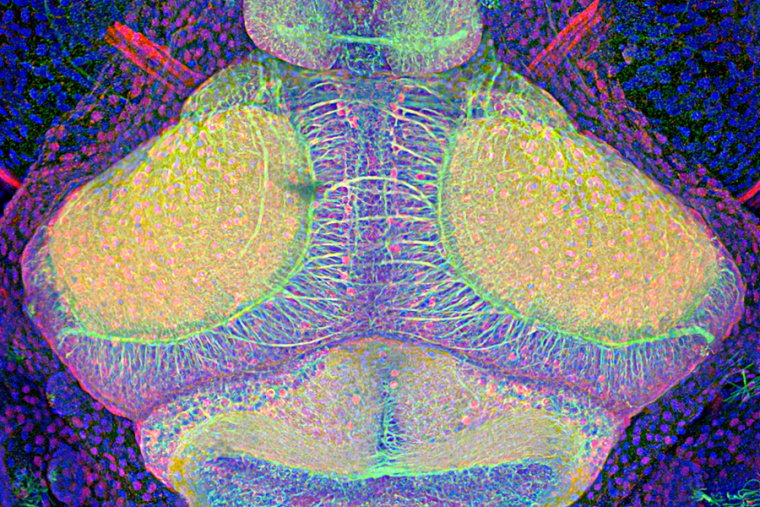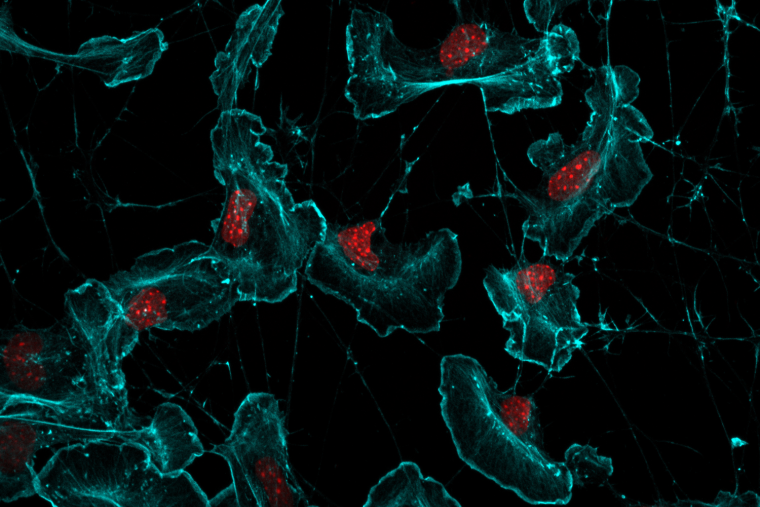Items

2022 Department Fall Social
Department of Neuroscience members spent an afternoon crafting, snacking and socializing!
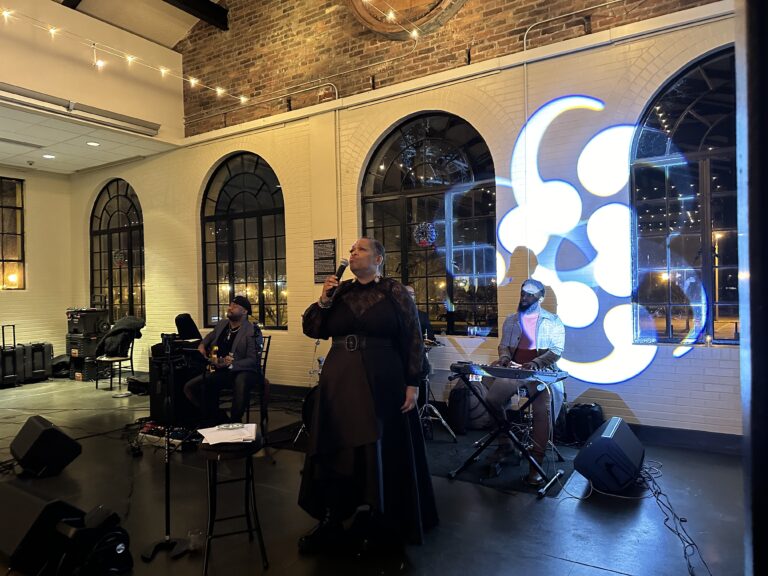
2023 Department End-of-Year Celebration
The Department of Neuroscience celebrated an outstanding year of teaching and research with a beautiful dinner at the Trolley Room in Forest Park and live music by the jazz artist Anita Jackson.
Allen Lab
Evolution of the primate brain
PI: Kari Allen, PhD
The Allen Lab explores the evolution of brain size and skull shape in primates using medical imaging, phylogenetic comparative statistics, and three-dimensional morphometric methods. The purpose of this research is to determine the timing and order of acquisition of traits in brain and body size evolution and to use this information to evaluate various hypotheses concerning ecological pressures selecting for large brains and changes in brain proportions in humans and their closest relatives.

Ann Olendorff’s retirement celebration
After more than 35 years of overseeing daily operations, laboratory renovations, and high-tech equipment installations, Ann Olendorff has retired.
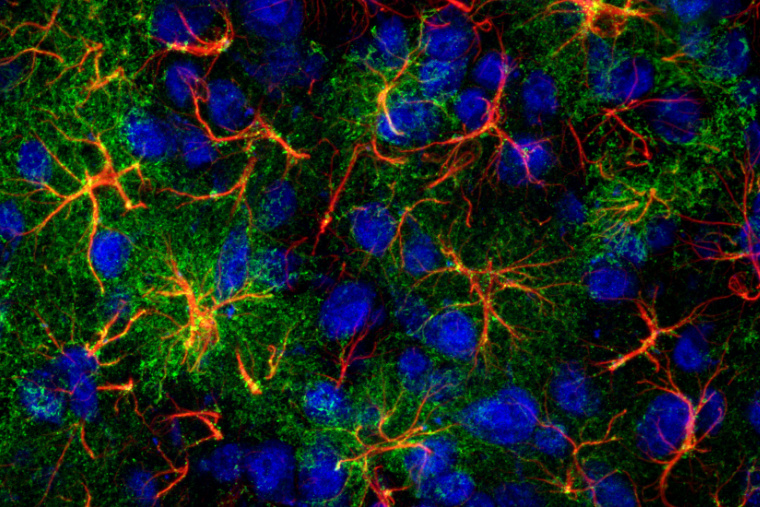
Assistant Professor in Theoretical/Computational Neuroscience
Neuroscience
The Department of Neuroscience at Washington University School of Medicine is currently recruiting investigators with the passion to create knowledge, pursue bold visions, and challenge canonical thinking as we expand into our new 600,000 sq ft purpose-built neurosciences research building. We are now seeking tenure-track investigators at the level of Assistant Professor to develop innovative research programs in Theoretical/Computational Neuroscience.
Assistant Professor Position in Magnetic Resonance Imaging
Neuroscience
The Department of Neuroscience and the Department of Radiology at Washington University School of Medicine is currently recruiting an outstanding collaborative investigator in the field of magnetic resonance imaging in animals.
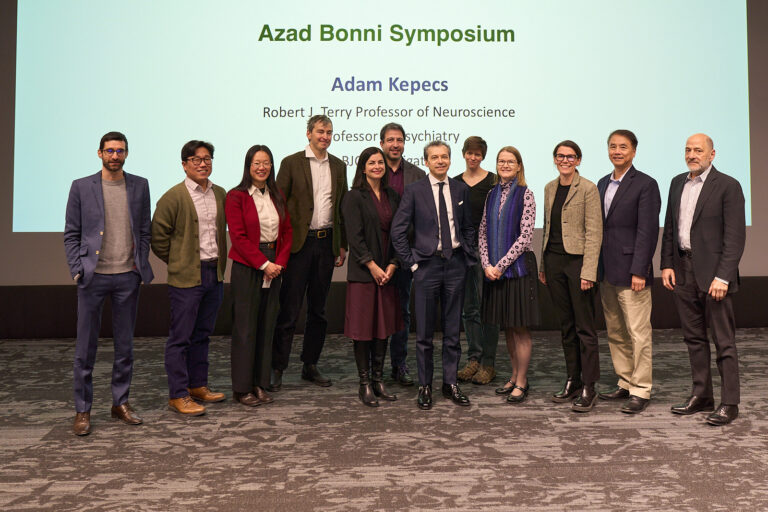
Azad Bonni Symposium
On Tuesday, January 16, 2024, the Department of Neuroscience celebrated the contributions of Dr. Azad Bonni, former Chair, and his lab with a full day of presentations by Department members past and present as well as close colleagues from other institutions.
Bagnall Lab
Spinal and brainstem circuits for movement
Posture is intimately dependent on signals from the inner ear, but we understand very little about how that information is mapped onto motor outputs. The Bagnall Lab studies how sensory information about orientation and movement drives appropriate body movements to adjust posture.
